Can Technology Help Win the Fight Against Drunk Driving?
 Despite all the driver education programs, the Drive Sober campaigns, and the strict penalties, drunk driving is still one of the leading causes of all traffic fatalities in the U.S. In fact, in 2023 DUI-related traffic accidents resulted in more than 13,000 fatalities, or 35% of all traffic-related deaths that year.
Despite all the driver education programs, the Drive Sober campaigns, and the strict penalties, drunk driving is still one of the leading causes of all traffic fatalities in the U.S. In fact, in 2023 DUI-related traffic accidents resulted in more than 13,000 fatalities, or 35% of all traffic-related deaths that year.
In another effort to crack down on this risky behavior, Congress passed an act last November that, in part, directs the National Highway Traffic Safety Administration (NHTSA) to draft new safety standards that would require future passenger vehicles be equipped with technology to detect alcohol levels and prevent drivers exceeding legal limits from starting their vehicle. The NHTSA has until this coming November to submit a final ruling, or reasons why it couldn’t, and is currently seeking input. To learn more, read “Will cars in the future be equipped with devices to prevent drunk driving? …”
 New Jersey Injury Lawyers Blog
New Jersey Injury Lawyers Blog


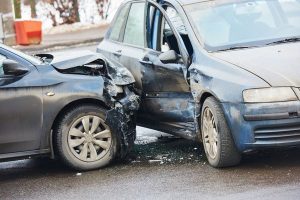

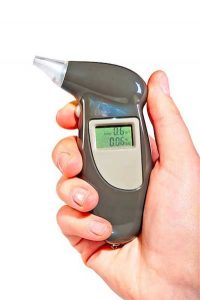
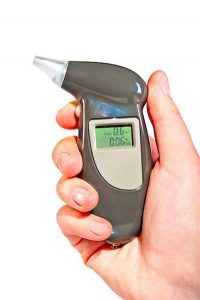
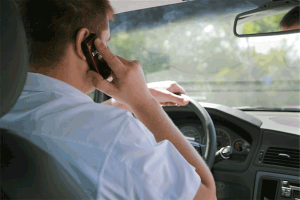
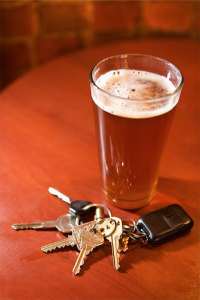
 Parents who drink and drive with children in their car may face tougher penalties than other drivers who drink and drive alone or with other adults in their car. A proposed bill to make the stiffer penalties a law is currently under consideration in New Jersey.
Parents who drink and drive with children in their car may face tougher penalties than other drivers who drink and drive alone or with other adults in their car. A proposed bill to make the stiffer penalties a law is currently under consideration in New Jersey.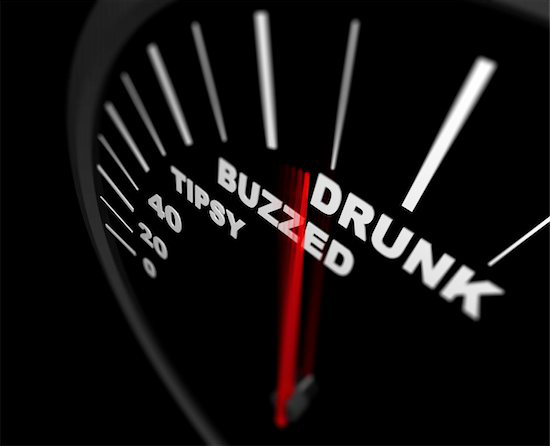 A new bill pending approval by the State Legislature could trade license suspensions for installation of ignition interlock devices (IIDs) for New Jersey drivers convicted of
A new bill pending approval by the State Legislature could trade license suspensions for installation of ignition interlock devices (IIDs) for New Jersey drivers convicted of 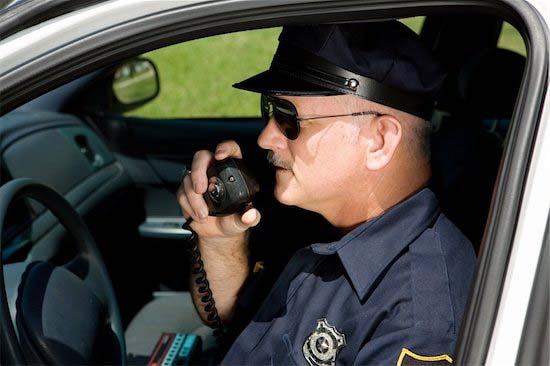 Police officials throughout the State are making efforts to ensure that holiday revelers stay safe this season by remaining sober when behind the wheel. The New Jersey Division of Highway Traffic Safety invested over $600,000 in this year’s “Drive Sober or Get Pulled Over” campaign, which will be enforced now through January 2, 2014.(1)
Police officials throughout the State are making efforts to ensure that holiday revelers stay safe this season by remaining sober when behind the wheel. The New Jersey Division of Highway Traffic Safety invested over $600,000 in this year’s “Drive Sober or Get Pulled Over” campaign, which will be enforced now through January 2, 2014.(1)